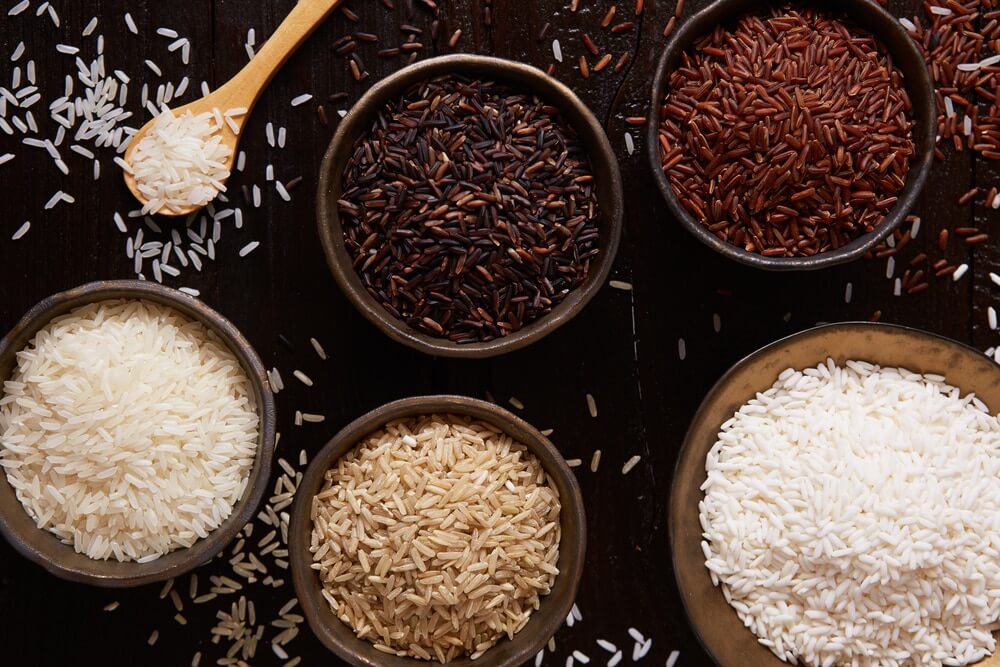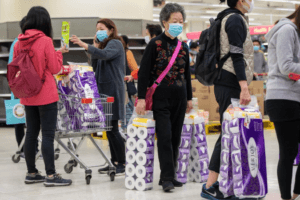
Food prices rise, but stocks become empty
International organizations, such as FAO, WHO, and WTO, jointly published a statement alerting the countries on the importance of minimizing the potential impacts of the Coronavirus on food supplies.
Coronavirus is not the first pandemic the world has experienced, nor the last, sadly. Edgard Pisani, a co-author of the Common Agricultural Policy (PAC), said that the origins of pandemics development are highly variable. It’s important to modify reforms aimed at mitigating its effects. 
The Coronavirus revealed that the demands of necessities must be met in time and place. The central countries turned out to be extremely fragile with their agro-industrial chains. On the one hand, the supply is, in some instances, geographically far from demand. The geographically close supply of many foods – including their surpluses – was poorly distributed decades ago along the commercial chain, which is currently generating sharp price rises.
In France, flour sales (in packages) doubled in the last week of March compared to the previous week. Meanwhile, social networks exploded with new homemade recipes to feed with necessities.
Consumers experienced what it feels like to see the flour, rice, and noodle shelves empty.
The logistical complications related to transport and packaging have caused a substantial delay in the entry of merchandise in supermarkets, generating stock breaks.
You can print money, but you can’t print food
Packaged flour represents only 5% of national consumption in France. But what would happen if there were ruptures of stocks in greatly consumed products? And what happens when the consumer disappears and the commodity becomes unwanted stock (either because of its perishable condition or because the adequate storage infrastructure is not available)?
Last week, the owner of Owyhee Produce, one of the most vertically integrated North American onion producers based in the State of Oregon, provided a shocking fact. They can not deliver onions because of the paralyzed consumption in the United States.
The United States and Europe are living justly in the supply of wheat and grain in general. However, governments of wheat-producing countries are beginning to secure supplies. Wheat exporters halted exports, and importers are starting to take extraordinary precaution measures.
As a matter of urgency, rich countries may decide to inject an extraordinary flow of money supply into the financial system to contain the ravages that this pandemic is causing in economic terms. However, printing money is easy. Printing food is impossible.
-
Support
-
Platform
-
Spread
-
Trading Instrument




